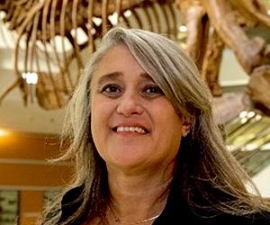

Research Bio
Since the first description of ‘critical periods’ in the 1930’s, neuroscientists have sought methods to manipulate them for therapeutic benefit. In parallel, early interest in psychedelics has been reinvigorated by recent clinical successes with these compounds, although to date the mechanisms underlying their therapeutic effects remain largely unknown. Professor Dölen's lab has made a series of discoveries (Dölen, et al Nature, 2013; Edsinger and Dölen, Current Biology, 2018; Nardou et al, Nature2019; Nardou et al., Nature, 2023) which indicate that psychedelics may be the long sought “master key” for unlocking critical periods; furthermore, this property may explain the wide diversity of psychiatric applications for which psychedelics show therapeutic promise. Building on these insights, they are currently working to delineate the mechanisms underlying the shared ability of psychedelics to reopen critical periods and expand the repertoire of clinical conditions they can be used to treat. Specifically, they are examining how psychedelics induce degradation of the extracellular matrix and how context supervises the selection of the appropriate critical period for reopening. In a parallel set of studies, they have made significant progress towards developing Octopus chierchiae for use in laboratory research. Specifically, they have closed the life cycle, enabling them to breed and raise octopuses in a laboratory setting for the first time (Grearson, et al., 2021). They have also completed whole genome sequencing, assembly, and annotation in this species, enabling modern molecular manipulations and the discovery of novel genetic mechanisms (Albertin, et al., in preparation). Together these resources will enable them to understand why critical periods exist, why they close, and why they can be reopened, by comparing solutions across human, mouse, and octopus nervous systems.
Research Expertise and Interest
behavioral and systems neuroscience, psychedelics, critical periods, octopus, social behavior, evolution, synaptic plasticity, extracellular matrix, oxytocin and stroke, Fragile X, autism, PTSD, addiction
In the News
For New Professor, Psychedelics and Octopuses May Hold Keys to the Human Mind
Featured in the Media
An in-depth interview with Gül Dölen, a psychology professor and researcher with the UC Berkeley Center for the Science of Psychedelics.

